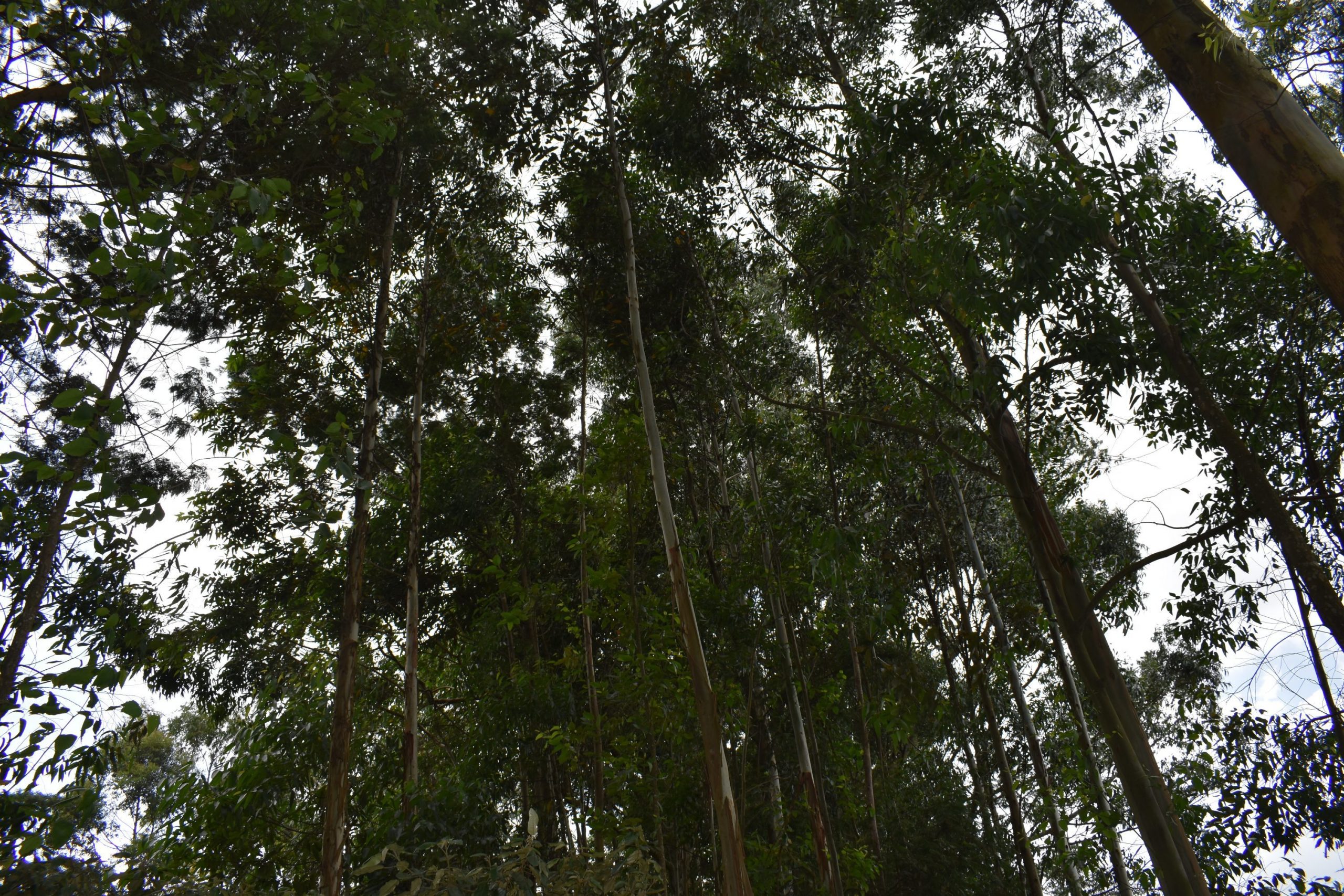Kenya has always had beautiful landscapes decked with evergreen tree canopies. It is very unlikely that you will miss the soothing melody created by birds chirping, trees clapping, and bursting into songs at the tune of the wind. Our human activities, however, if left unchecked will do more harm than good to our environment.
Rising human activity has led to enormous deforestation and forest degradation in Kenya which by 2009, stood at six percent. Kenya is now yet to achieve a 10% forest cover as recommended by the United Nations. This means that we need to not only plant more trees but to also protect the existing ones.
Over the years, over 3 million indigenous growing trees have been planted, this has been together with other like-minded partners such as BURN International, The Nature Conservancy(T.N.C.), Mt. Kenya Trust, farmers, and support counties within which FKL engages farmers; Muranga, Kirinyaga, and Embu. FKL is committed to continue supporting and working with like-minded partners to ensure environmental conservation.
Frigoken aims at creating long-term shared value by engaging in socially, environmentally and economically responsible practices and this project was in sync with these values. The jiko uses less firewood, is energy efficient, and produces less or no smoke upon lighting. The average CO2 emissions results of the Kuniokoa compared to the traditional metal stove show a percentage improvement of above 60%.
In the slopes of Kirinyaga County, we meet two farmers Mary Wanjiru and Gladys Wangui who are experiencing challenges whilst doing their daily chore; cooking. Mary Wanjiru, a wife, and a mother knows all too well the challenges that come with unpaid care work. She spends a lot of her time preparing meals for her family. To do this Mary uses the traditional three-stone stove that takes too long to light, produces a lot of smoke, and also uses a lot of firewood.
This jiko has negatively affected Mary and her family economically, and healthwise; where she has had to spend a lot of money to procure firewood, spending at least Ksh. 300 weekly and the smoke emitted by her stove has affected her mother resulting in respiratory complications.
Gladys Wangui, on the other hand, is experiencing the same challenges as Mary but even worse is the fact that her wood which she buys in bulk; to last her a couple of months gets wet whenever it rains making it even harder to light a fire and also more smoky increasing health risks and taking up a lot of her time.
Frigoken Ltd (FKL) works closely with rural farmers who are a very important part of their agro-processing supply chain that Mary and Gladys are a part of. Through the sustainability programme, FKL sought to support these women among others to own modernized energy-efficient cooking stoves.
This was to offer a solution to the challenges that the farmers were facing by partnering with BURN International. BURN International makes modernised cooking stoves – kuniokoa which means save firewood. To enable the rural women to have the purchasing power of the stoves, the partnership enabled them to purchase the jikos at a subsidised fee.
“When FKL reached the farmers in Kirinyaga to buy these jikos at a subsidized price, I was very happy. I bought the jiko and I have seen the difference. It cooks faster, produces less smoke, and saves me the money”, Mary says.
“My mother and daughter have since stopped coughing because this stove produces less smoke and it is also kind to the environment”, Mary confirms. Mary now spends about Ksh.100 per week to buy firewood. “For any rural woman who is not using this stove, I would encourage them to get one. I can say it is very good”, Gladys affirms.
Impact of the project
Logging for domestic energy supply is recognised by the Government of Kenya as being one of the major factors driving deforestation in the country. The project is thus helping to reduce the pressure on remaining forest reserves in Kenya.
The rural families’ livelihood will improve since the cost of fuel will be put to other use or serve as savings over the medium-long term. Women will spend less time preparing meals and thus have more time for other tasks.
Kuniokoa requires less fuel, which in many areas can be a scarce resource or very expensive to buy. The Kuniokoa is more convenient, due to the reduced cooking time.
The jikos also reduce CO2 emissions by 2.3 ton/stove/year and save on wood by 1.5 ton/stove/year, which translates to 10 tons of CO2 and 6 tons of wood saved over its lifetime.
FKL supported the sale and distribution of 3,272 Kuniokoa stoves to farmers and invested proceeds from this project to plant trees. Partnering with the Mount Kenya Trust, 10,000 trees have been planted in Meru.

Leave a Reply